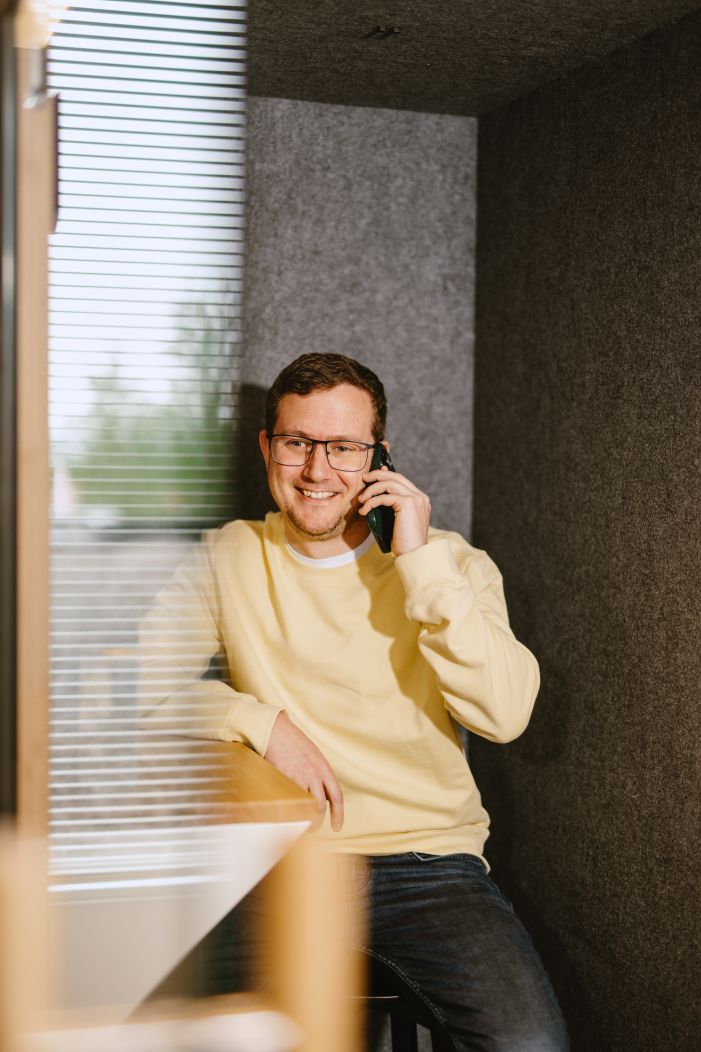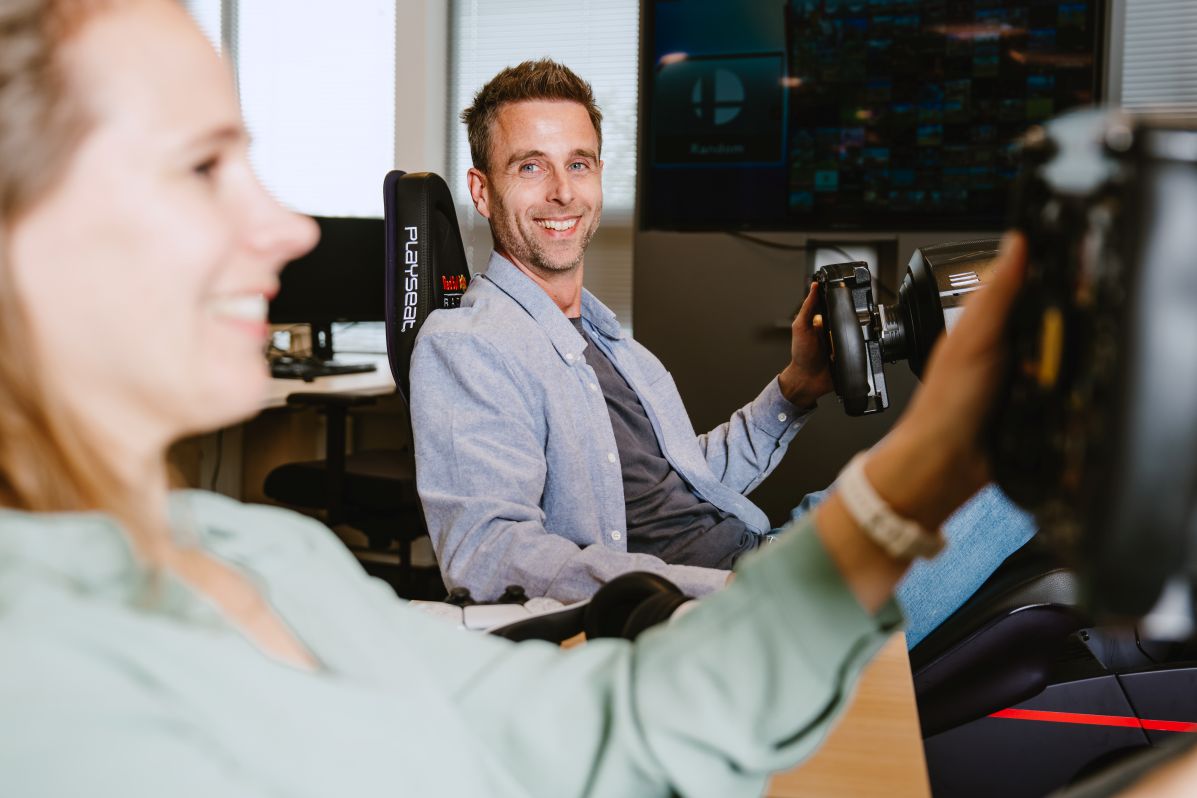

That's why a blog series about how we at Blis Digital look at the profession. As an ode to all developers who are busy making valuable things for their users every day. To the people who come up with solutions 'from scratch' to complicated problems that no one in the world has ever tackled before and for which there are therefore no examples available.
This is part 4: about how we work with customers in a (it's a cliché but true) rapidly changing world.
No “hands in the sprint”
The software development market is broad and always changing. AI tools promise to write code at the touch of a button, offshore teams offer development capacity at a fraction of Dutch prices, and no-code platforms make developers obsolete, they say. And, although the labor market for developers is tight, you can usually find a freelancer who wants to start your project within a day via platforms like Freelance.nl.
But how do you decide which is the best choice for your situation?
At Blis, we consciously choose a position in this regard. We are a result-oriented agency and therefore do not rent out “hands in the sprint”. You don't hire developers from us to fill your missing capacity. That is a fundamental choice. Because we believe that developing software is more than writing code. It's about understanding the business. About translating problems into solutions and making choices that are still sustainable in five years.
But especially about creating a common interest with the client.
Co-entrepreneurs
We work with customers in two different ways. The first is as a partner for tech entrepreneurs: organizations that make and sell software themselves, but need help with, for example, moving to the cloud or SaaS or expanding their package with new functionality. This requires specific expertise in scalability, multi-tenancy and cloud-native architecture. Expertise that we have in-house because we have done it many times.
Often, these are companies that come to us with nothing but an idea and a business case. And there are cases that we like the idea so much that we join the company and thus become co-entrepreneurs.
The second form is a somewhat more conventional project model, where we mission-critical build, replace or improve software to (better) digitize an organization's core processes. But even with these kinds of projects, you won't get by with 'hands' alone. Because it always involves complex processes, which also form the basis of the raison d'être of these companies or organizations. Moreover, it is often companies that are in the middle of a transition. Technical, such as the step towards working in the cloud. But also with regard to their business model, for example companies that want to make the step from “writing hours” to digital products and services.
Take Find subsidies, where we helped digitize the advisory process. A complex project, because you have to capture the knowledge and experience of consultants in software, without taking away their creativity and flexibility. That's much more than writing code, that's doing business.
Fellow Developers
But working together on software is happening on many more levels these days. Because thanks to no-code and low-code, business people can also get to work building apps and workflows themselves. That's great, because it reduces the pressure on IT and ensures that solutions are available more quickly. But there are also risks and challenges.
For example, there is a limit to what you can do with these platforms. Sooner or later, you'll reach that limit - you miss a link to an external system or you need functionality that the platform doesn't offer - and then you have to choose how to proceed. Many organizations accept the limitation. Some throw everything away and start again, but now with 'real' development.
We believe in a third way: fusion development. In doing so, we combine the best of both worlds. Citizen developers build what they can with Power Platform. Where they get stuck, our developers help with custom code, preferably in the form of reusable components that are also useful for other applications. The IT department ensures that everything remains safe and manageable. This way, you get the best of both worlds: the speed of low-code and the power of customization.
Flexibility and customization
So we're quite critical about who we work for and how we want to work together. But that does not mean that we do not want to move with the client. Because yes, we have already done dozens of innovation projects and we modernize existing software every day, but no project is the same. Each project requires different choices in technology, but also in how we work together. Sometimes that means providing an entire team. Other times, we support an existing team with specific expertise. Or we help set up a fusion development approach. Sometimes opt for a complete development process; in other cases, a combination of standard components and limited customization appears to be more effective.
But what never changes is our focus on craftsmanship. After all, it's about creating software that adds value. Software that helps users and resolves issues. This requires more than just technical knowledge. It requires insight, experience and creativity. In short: about craftsmanship.
In the last part of this series, I look ahead. Because if there is one thing for sure, it is that our profession will continue to change. The question is not whether you go along with it, but how. And that is exactly what the next blog is about.
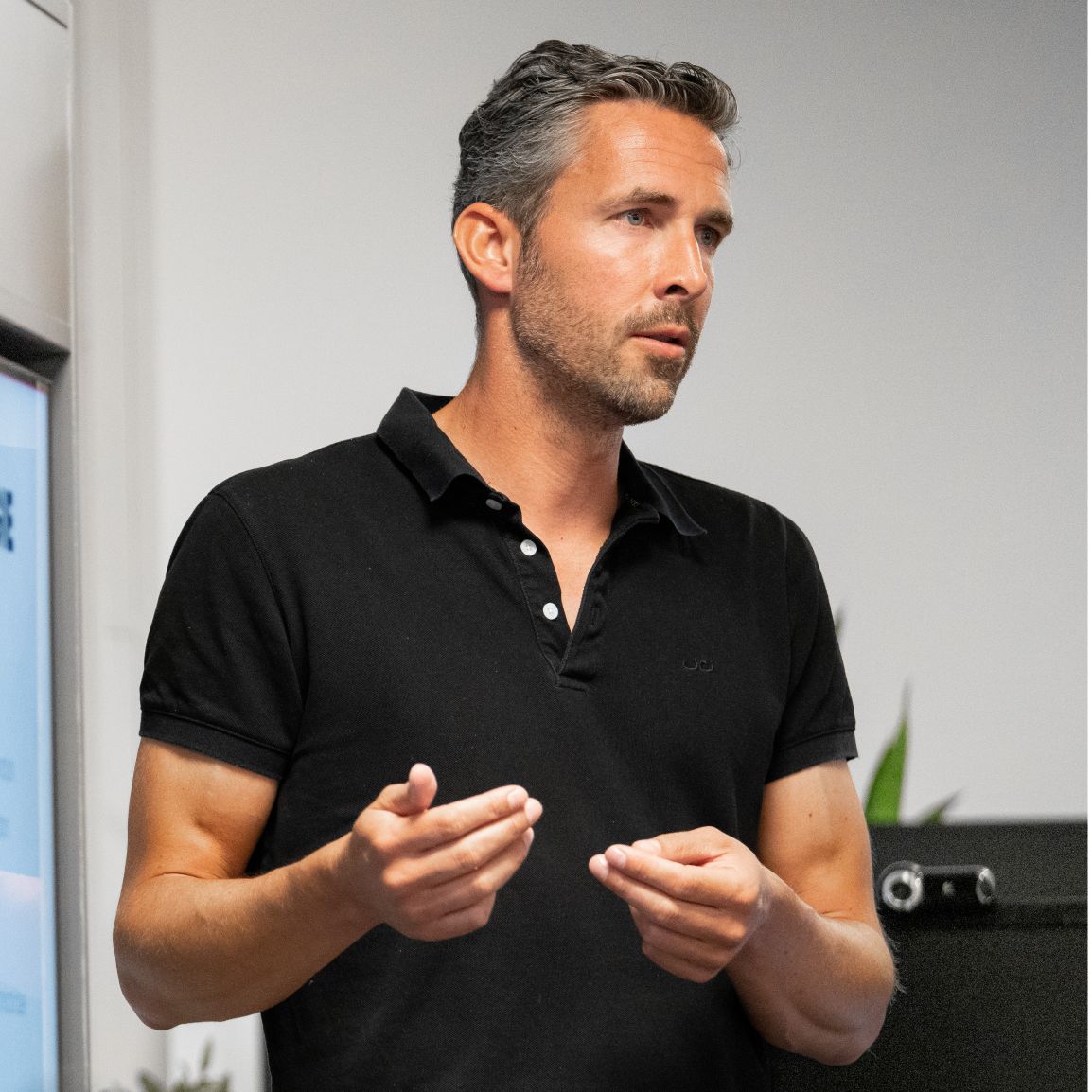

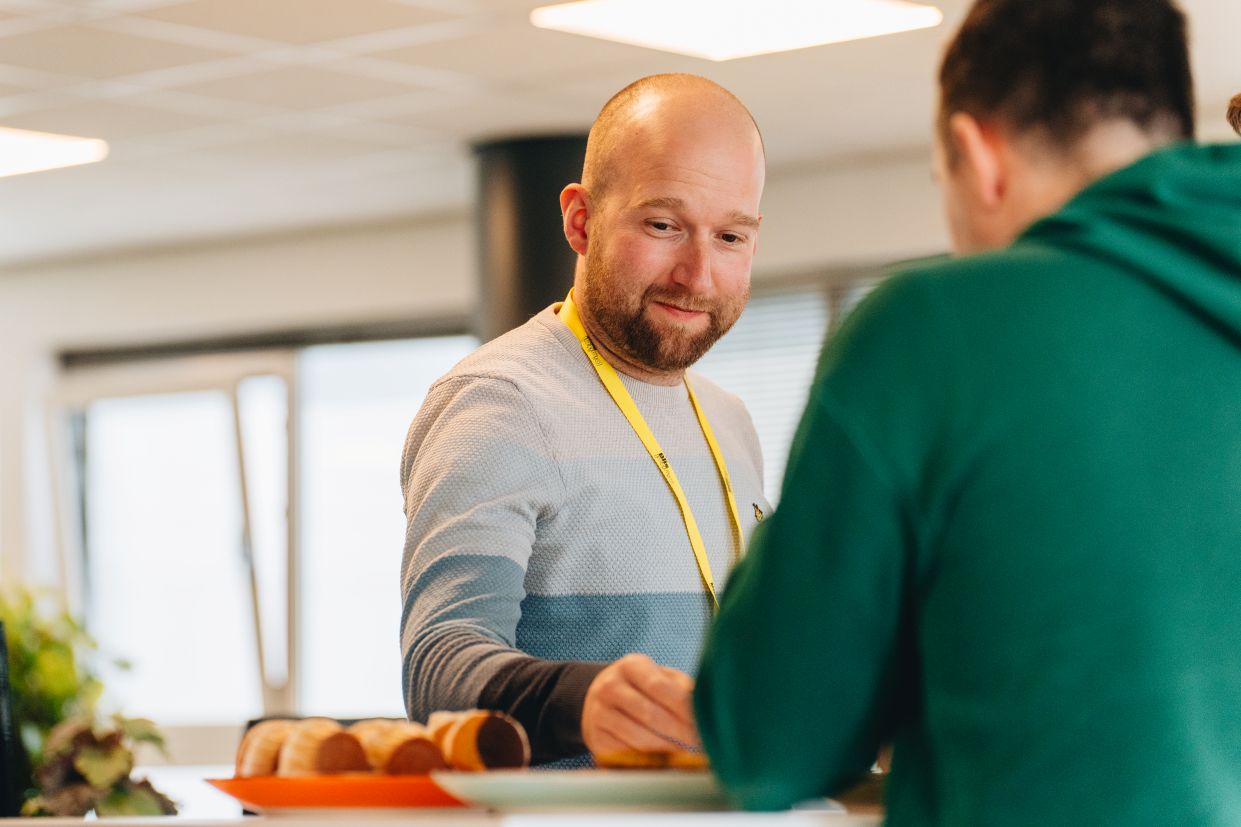
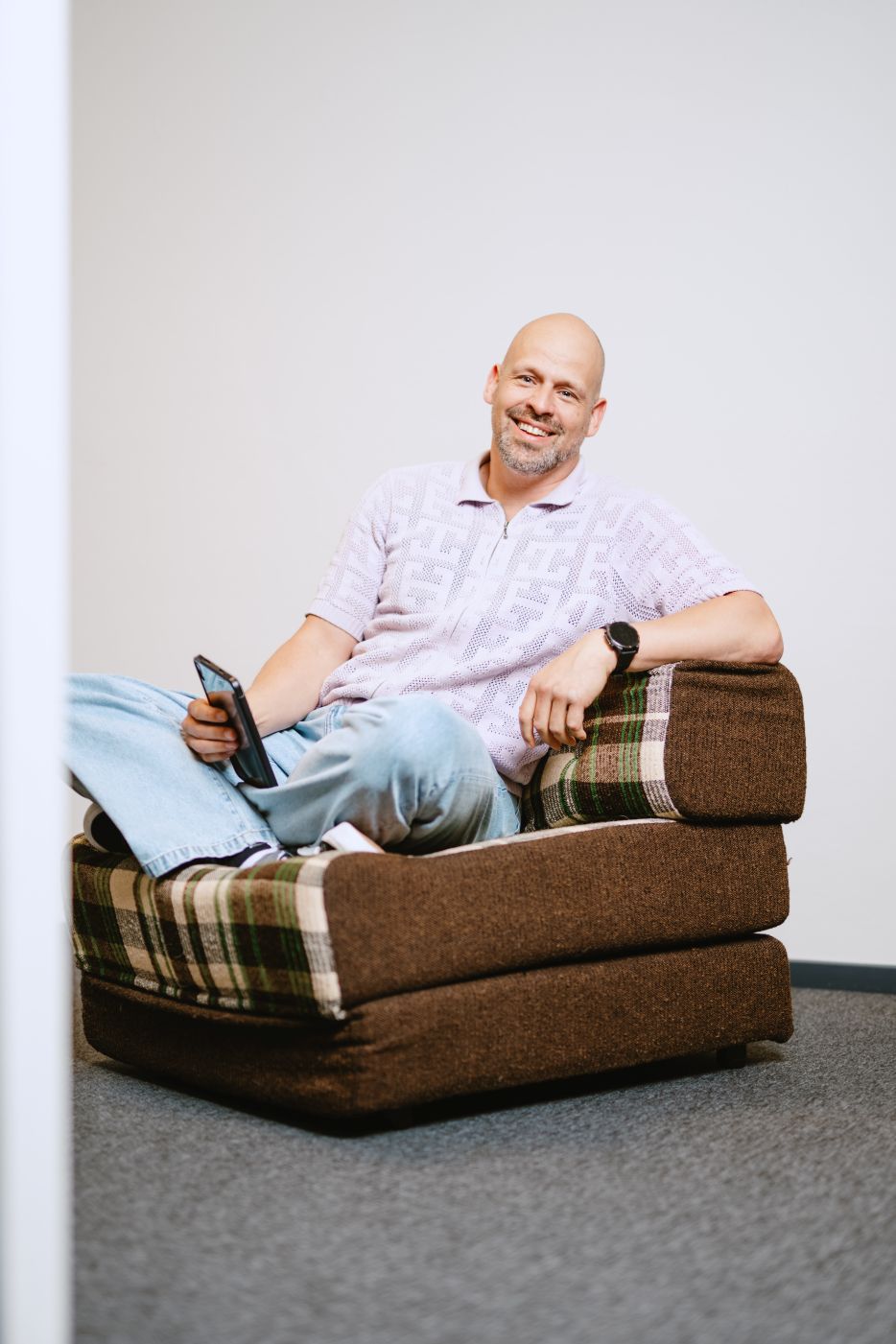
.jpg)
